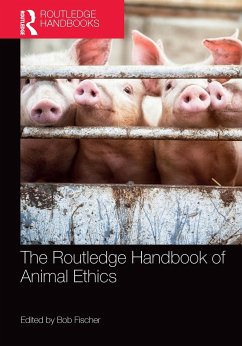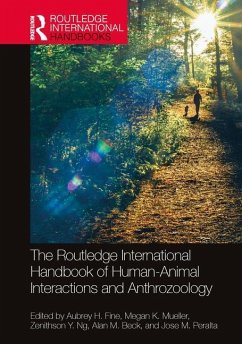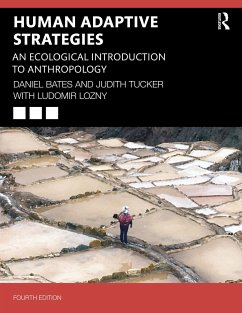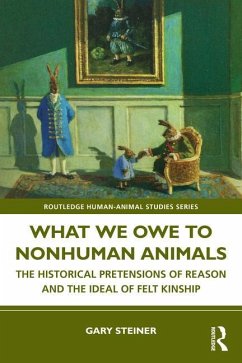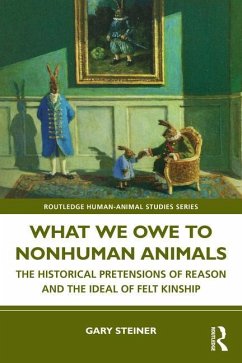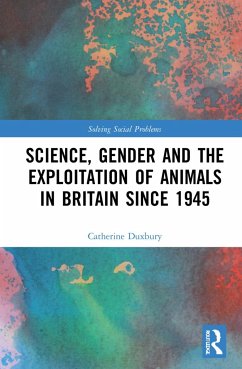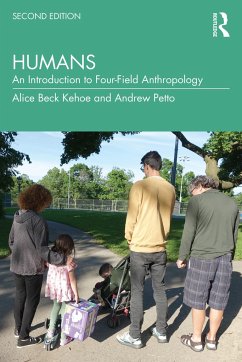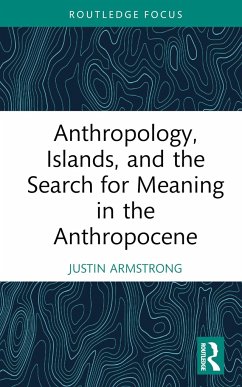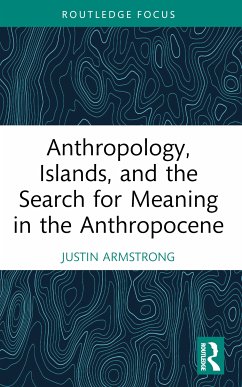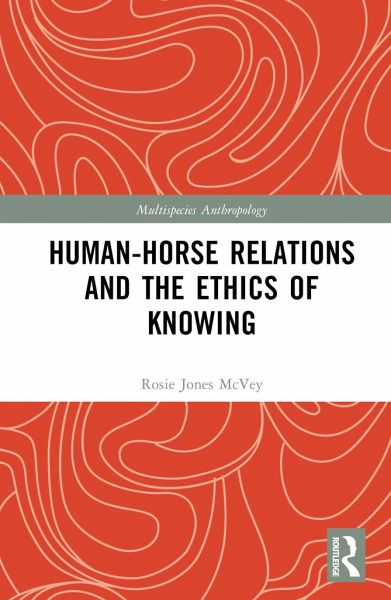
Human-Horse Relations and the Ethics of Knowing
Versandkostenfrei!
Versandfertig in 6-10 Tagen
138,99 €
inkl. MwSt.
Weitere Ausgaben:

PAYBACK Punkte
69 °P sammeln!
This book explores how equestrians are highly invested in the idea of profound connection between horse and human and focuses on the ethical problem of knowing horses. In describing how 'true' connection with horses matters, Rosalie Jones McVey investigates what sort of thing comes to count as a 'good relationship' and how riders work to get there. Drawing on fieldwork in the British horse world, she illuminates the ways in which equestrian culture instils the idea that horse people should know their horses better. Using horsemanship as one exemplary instance where 'truth' holds ethical tracti...
This book explores how equestrians are highly invested in the idea of profound connection between horse and human and focuses on the ethical problem of knowing horses. In describing how 'true' connection with horses matters, Rosalie Jones McVey investigates what sort of thing comes to count as a 'good relationship' and how riders work to get there. Drawing on fieldwork in the British horse world, she illuminates the ways in which equestrian culture instils the idea that horse people should know their horses better. Using horsemanship as one exemplary instance where 'truth' holds ethical traction, the book demonstrates the importance of epistemology in late modern ethical life. It also raises the question of whether, and how, the concept of truth should matter to multispecies ethnographers in their ethnographic representations of animals.






